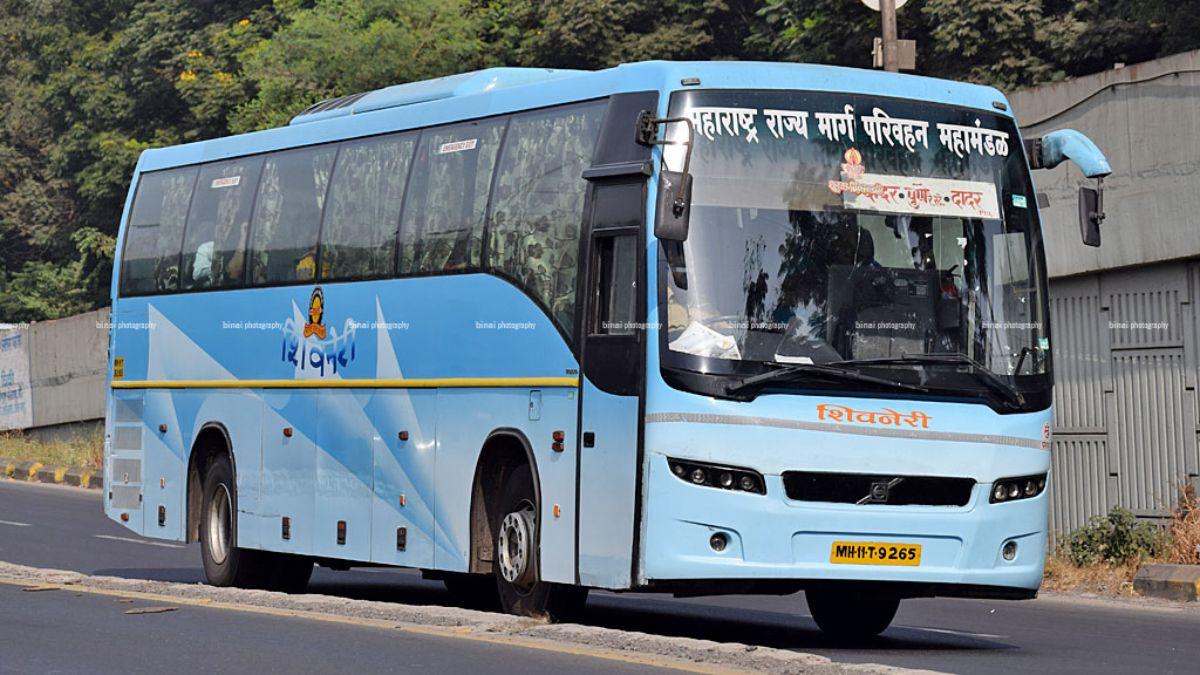The Pune division of the Maharashtra State Road Transport Corporation (MSRTC) has embarked on a significant operational restructuring, announcing plans to discontinue financially unviable routes while simultaneously inducting 150 new, eco-friendly buses into its fleet by the year-end. This strategic pivot, driven by a recently released white paper on MSRTC operations, aims to bolster the corporation’s financial sustainability and enhance its service delivery, setting a precedent for more efficient and environmentally conscious urban and intercity transport.
This comprehensive re-evaluation of existing routes is a direct response to a white paper tabled by the Maharashtra Transport Department, which highlighted the accumulated losses faced by the state transport body. The Pune division’s proactive approach focuses on optimising services towards high-demand, revenue-generating corridors. This rationalisation of routes is a critical step towards re-establishing the MSRTC as a robust and self-sustaining public utility, reducing reliance on subsidies and ensuring taxpayer funds are utilised more effectively.
“Our objective is twofold: to eliminate operational inefficiencies stemming from consistently loss-making routes and to significantly upgrade our service quality on profitable segments,” stated a senior MSRTC official from the Pune division. “This strategic redirection will allow us to deploy resources more effectively, ensuring that every kilometre covered contributes to our financial health and passenger satisfaction. The emphasis is firmly on delivering a premium experience on long-distance and heavily patronised routes.”
A substantial upgrade to the fleet is central to this overhaul, with 150 new buses slated for induction into the Pune division by the close of the current year. Already, 70 of these vehicles have been strategically deployed across major depots, primarily catering to long-distance travel, with the remainder scheduled for phased rollout in the coming months. This infusion of modern vehicles is particularly significant as it prioritises CNG and electric models, gradually phasing out older, less fuel-efficient vehicles. This commitment to cleaner fuel sources directly supports the state’s agenda for zero net carbon emissions and fosters eco-friendly public transportation, contributing to improved urban air quality.
The Pune division currently manages an extensive network of 14 depots and 42 bus stations, overseeing a fleet of approximately 850 buses. The existing fleet already includes 64 electric ‘Shivai’ buses, 36 Volvo ‘Shivshahi’ luxury buses, and 200 CNG buses, showcasing an existing commitment to green technology. The upcoming additions will further amplify this shift, ensuring that newer buses, known for their superior fuel efficiency, lower maintenance costs, and enhanced commuter comfort, primarily serve the popular intercity routes. This modernization not only reduces the carbon footprint but also offers passengers a quieter and smoother travel experience, thereby increasing the appeal of public transport.
The strategic restructuring extends beyond mere route adjustments and fleet upgrades; it encompasses a revised timetable that rigorously prioritises routes demonstrating consistently high ridership. This data-driven approach aims to minimise unnecessary operational expenses, including wages for drivers and conductors on underutilised routes, routine vehicle maintenance for unprofitable services, and peak-season overheads that yield insufficient returns. Financial data from the fiscal year 2024–25 indicates that the Swargate and Shivajinagar depots alone generated approximately ₹55 crore in monthly revenue. The current restructuring initiatives are ambitiously targeted at boosting this figure to ₹65 crore per month, a tangible measure of increased efficiency and financial viability.
This reorganisation represents more than a financial imperative; it is a critical step towards delivering better, more reliable, and environmentally responsible services to the travelling public. While acknowledging the delicate balance between profitability and public service, particularly for rural or less frequented routes, the MSRTC’s stance reflects a commitment to operational pragmatism. For routes that are essential for social inclusion but consistently incur losses, alternative models or targeted subsidies might be explored in the future, ensuring no community is entirely cut off while promoting overall sustainability.
Ultimately, MSRTC’s strategic overhaul in Pune underscores a broader vision for urban and regional public transport in Maharashtra. By embracing fiscal responsibility and investing in green technology, the corporation is positioning itself as a cornerstone of sustainable urban development. This forward-looking approach promises to deliver a public transport system that is not only financially robust but also environmentally benign and equitable, catering to the evolving mobility needs of a diverse population and contributing significantly to the vision of a connected, prosperous, and sustainable Maharashtra.
Also Read :Mumbai ACB Queries MSRTC Consultant Over Irregularities and Rs 9.61 Crore Dues
Pune MSRTC Division to Cut Loss Routes and Add 150 Buses


